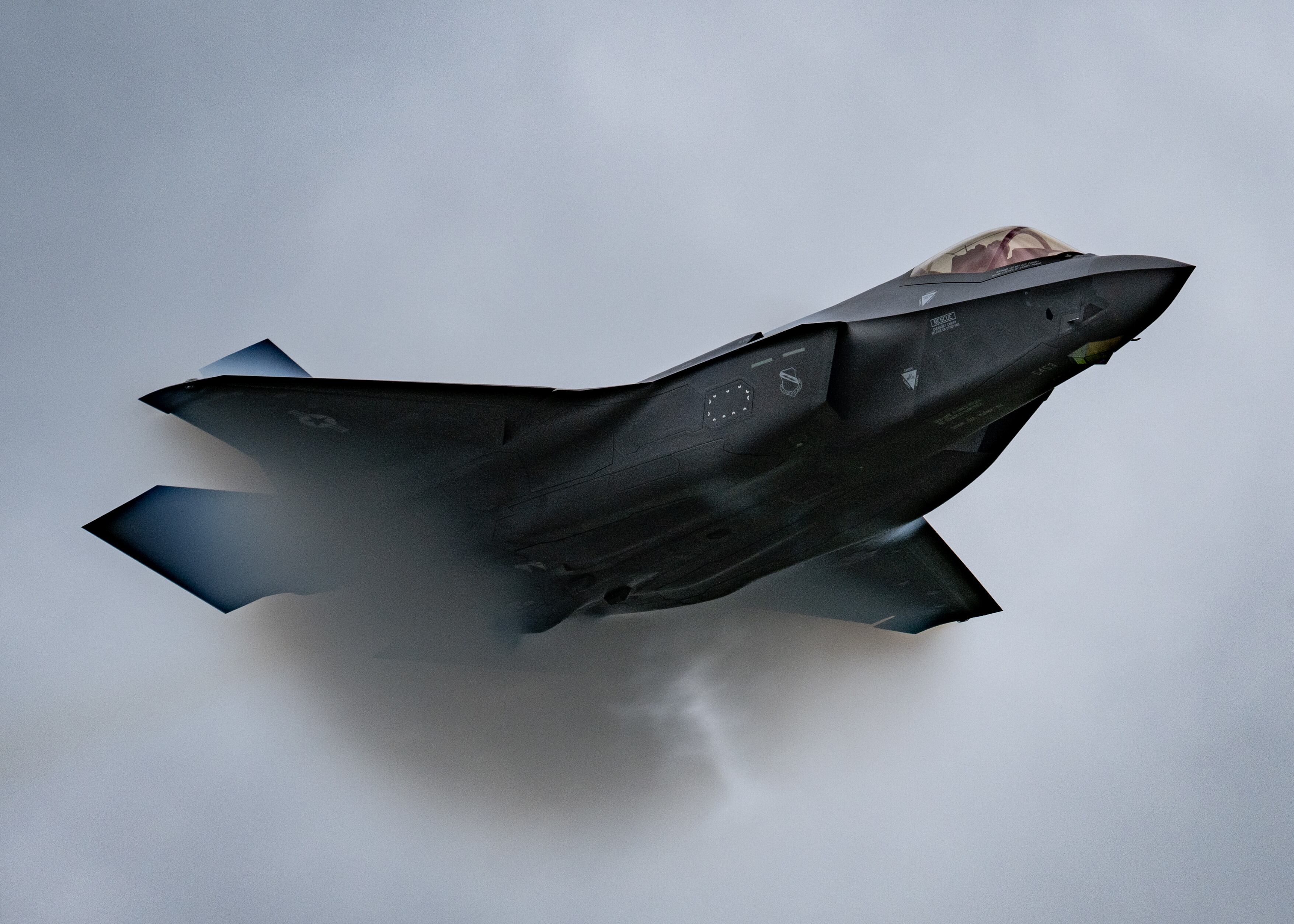WASHINGTON — The U.S. Air Force’s F-35A fighter fleet has resumed normal flying operations after checks of hundreds of ejection seat initiator cartridges discovered no problems.
Service technicians inspected 706 cartridges from 349 F-35s, as well as additional supplies of spare cartridges, Air Combat Command spokeswoman Alexi Worley said in an email Monday. The Air Force has about 376 F-35As in its fleet.
Of those cartridges, inspectors felt four could have problems and were replaced. Worley said further inspection of those four suspect cartridges showed they were not defective.
Worley said a small number of F-35As that were already in depot maintenance have not had their cartridges checked, but that those reviews would be done within the 90-day inspection deadline, which began July 19. Because those F-35s were already undergoing maintenance and weren’t in a flying status, Worley added, their cartridge inspections were scheduled for later.
The ejection seat cartridge contains magnesium powder necessary to eject an aviator from an airplane’s cockpit. When an ejection is triggered, that magnesium powder ignites to launch the aviator clear of the plane and open the parachute.
However, a routine F-35 inspection at Hill Air Force Base in Utah in April found a cartridge was loose and missing its explosive charge. Base personnel inspected a few other F-35s and decided it was not a more widespread problem, then allowing the fighters to fly again.
Martin-Baker, the company that manufactures the seats, also found two more defective cartridges in its own stores in April. The company also found, during a quality check that followed, that its production line was creating defective cartridges.
The F-35 Joint Program Office ordered an inspection of all ejection seats within 90 days.
Air Education and Training Command also temporarily grounded hundreds of trainer aircraft — 203 T-38 Talon and 76 T-6 Texan II aircraft — to see if their ejection seats had the same problem. The command said Monday it is still conducting inspections and continuing to clear trainers to resume flight during the ejection seat inspection process.
Martin-Baker said in a statement to Air Force Times on Aug. 7 that ejection seat checks the military started in July uncovered no defective parts in any aircraft, leaving the one found at Hill Air Force Base in April the only bad cartridge found in an F-35.
Rachel S. Cohen with Air Force Times contributed to this report.
Stephen Losey is the air warfare reporter for Defense News. He previously covered leadership and personnel issues at Air Force Times, and the Pentagon, special operations and air warfare at Military.com. He has traveled to the Middle East to cover U.S. Air Force operations.





